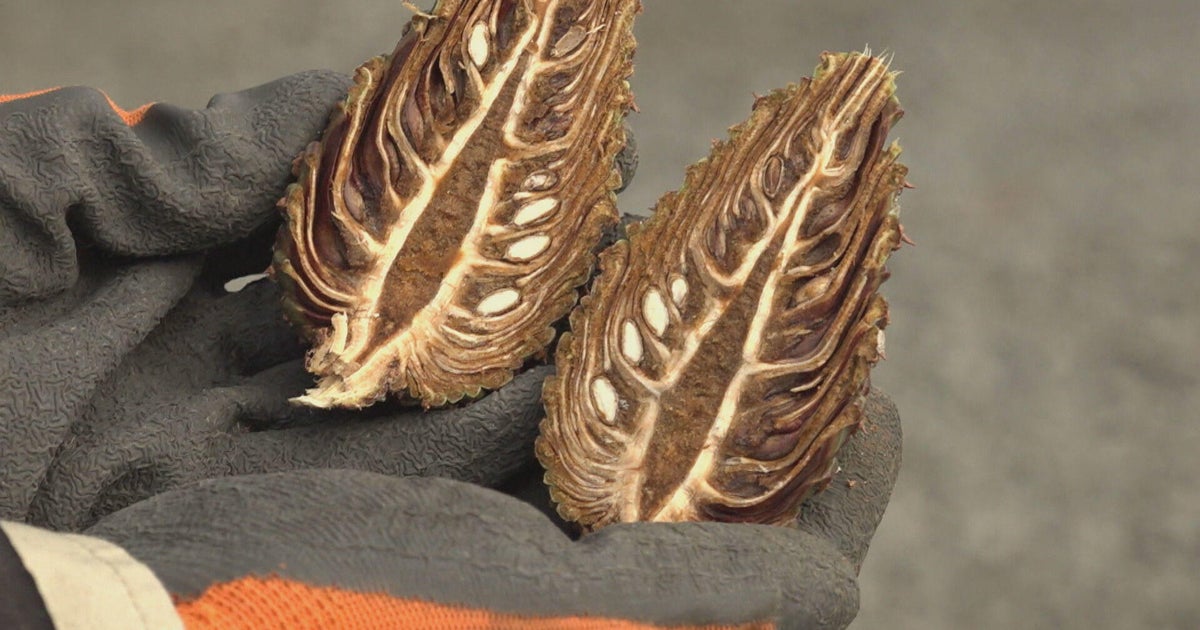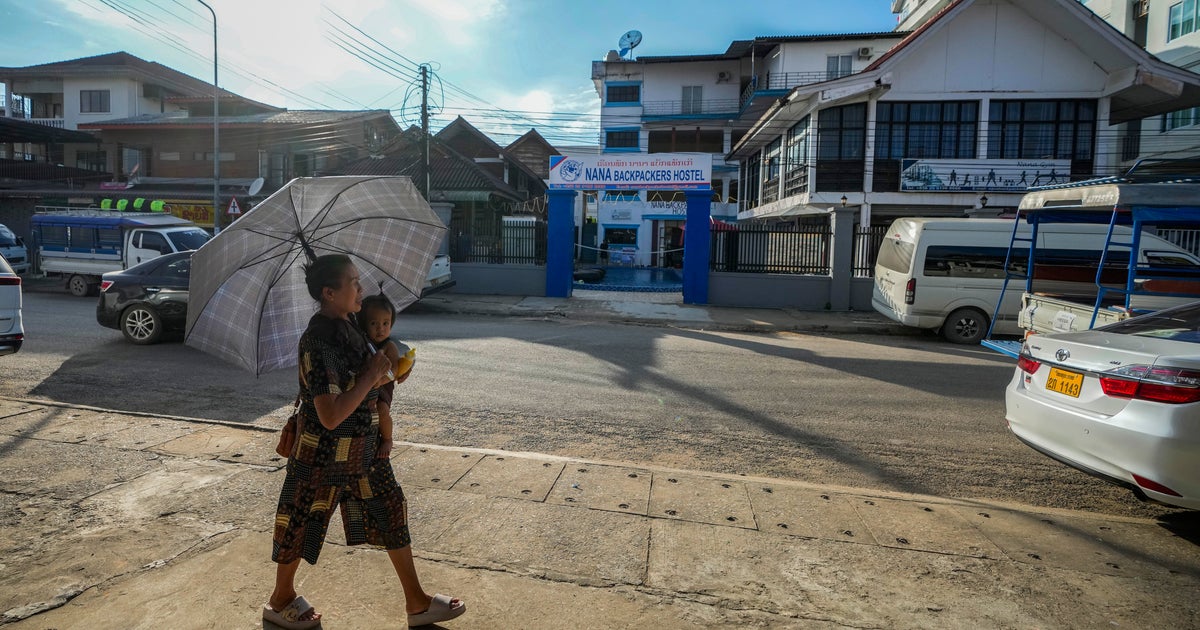Venezuela's working class turns against president amid inflation, food shortages
CARACAS, Venezuela -- Like many blue-collar neighborhoods, one barrio outside Caracas once embraced the promises of President Nicolas Maduro, but many here have now turned against him, reports CBS News correspondent Manuel Bojorquez.
Hunger has a way of doing that.
Fernando Contreras says he's lost 40 pounds since the troubles started.
"If you eat breakfast, you don't have lunch. If you have lunch, you won't have dinner," he said.
Once a successful carpenter, the father of six says his fridge used to be filled with meat and potatoes.
Now, it's "water, some limes - nothing else," Contreras said.
Just down the street, Bojorquez saw 200 people waiting hours for a simple loaf of bread.
The economic meltdown is at the heart of the political crisis.
More than 120 people have been killed protesting Maduro's power grab. More clashes are expected Thursday as the government's new assembly starts to work that will give Maduro almost unlimited power.
Many wonder how long they can go on like this. An inflation rate of 800 percent has decimated savings. The currency is so devalued that some shopkeepers weigh the money rather than waste time counting it.
And if residents are lucky enough to find food on the shelves, prices are out of sight.
The price for Alexi Asuaje's groceries went up 1,000 Bolivares when he was in line.
Florencia Cordero, a geologist, told Bojorquez that groceries now eat up almost 80 percent of her salary.
Cordero said that a plantain cost what her house cost 25 years ago.
It's something that's almost impossible to comprehend, she said.
For all the condemnation of his regime around the world, Maduro remains unrepentant, and is using U.S. sanctions recently imposed on him as a rallying cry against foreign intervention.






